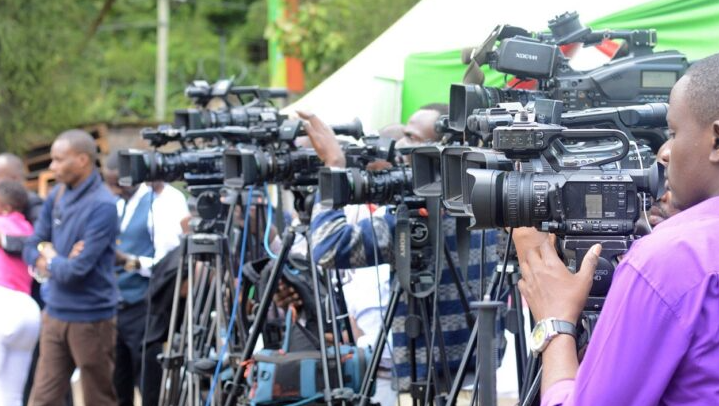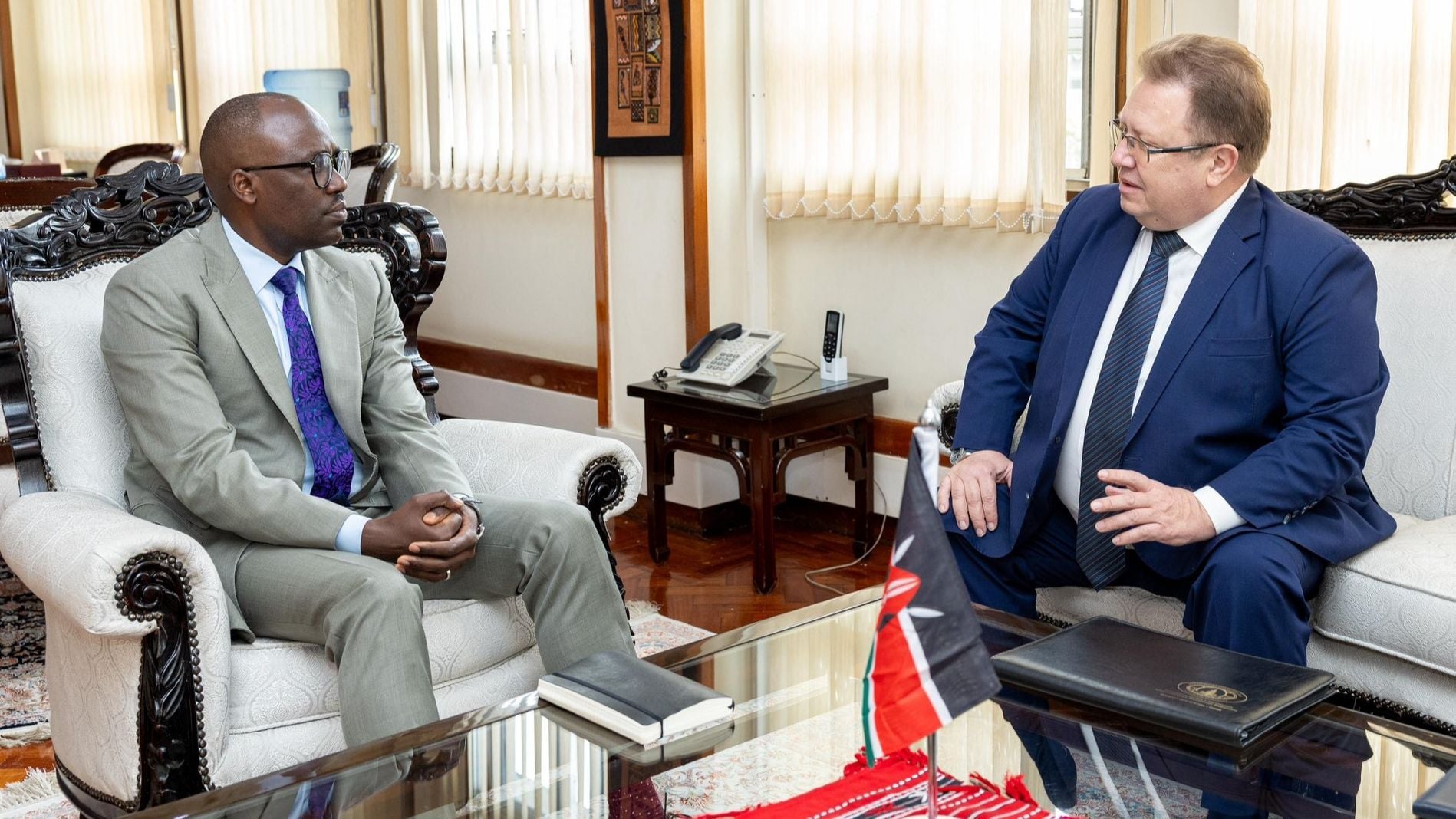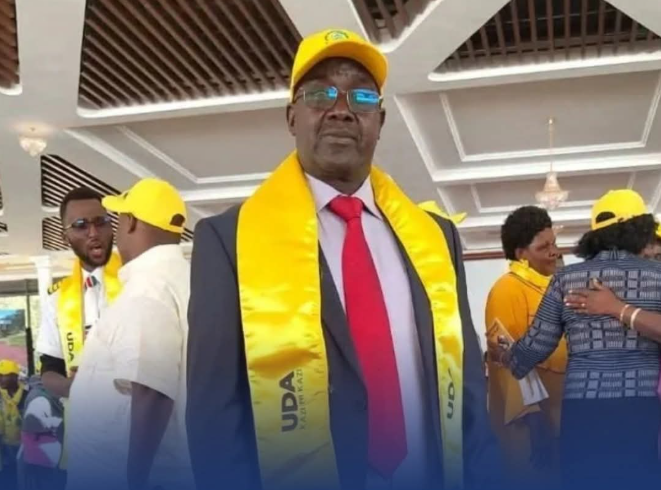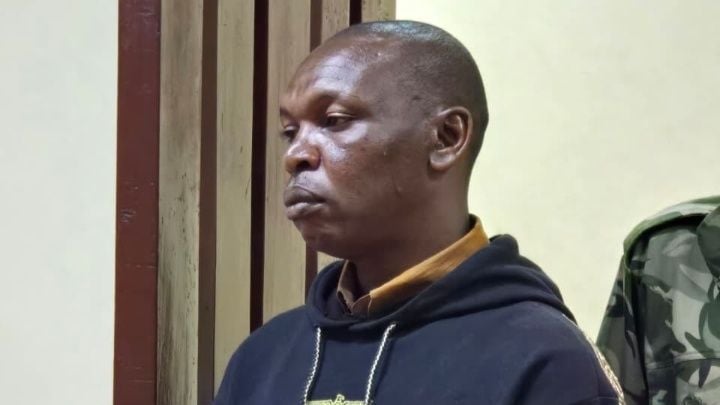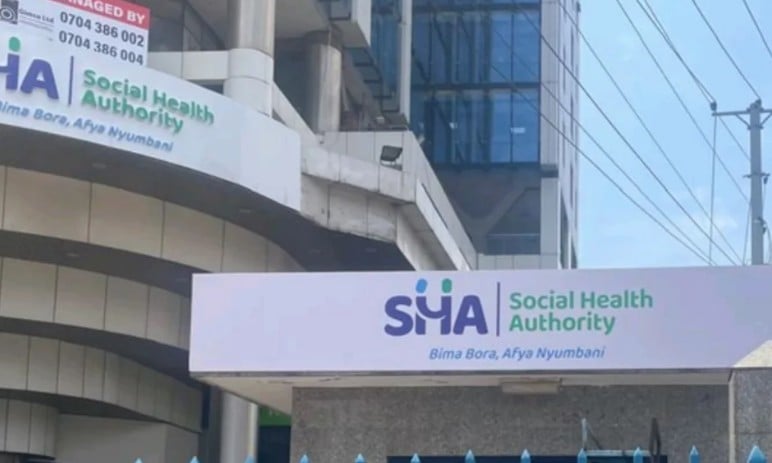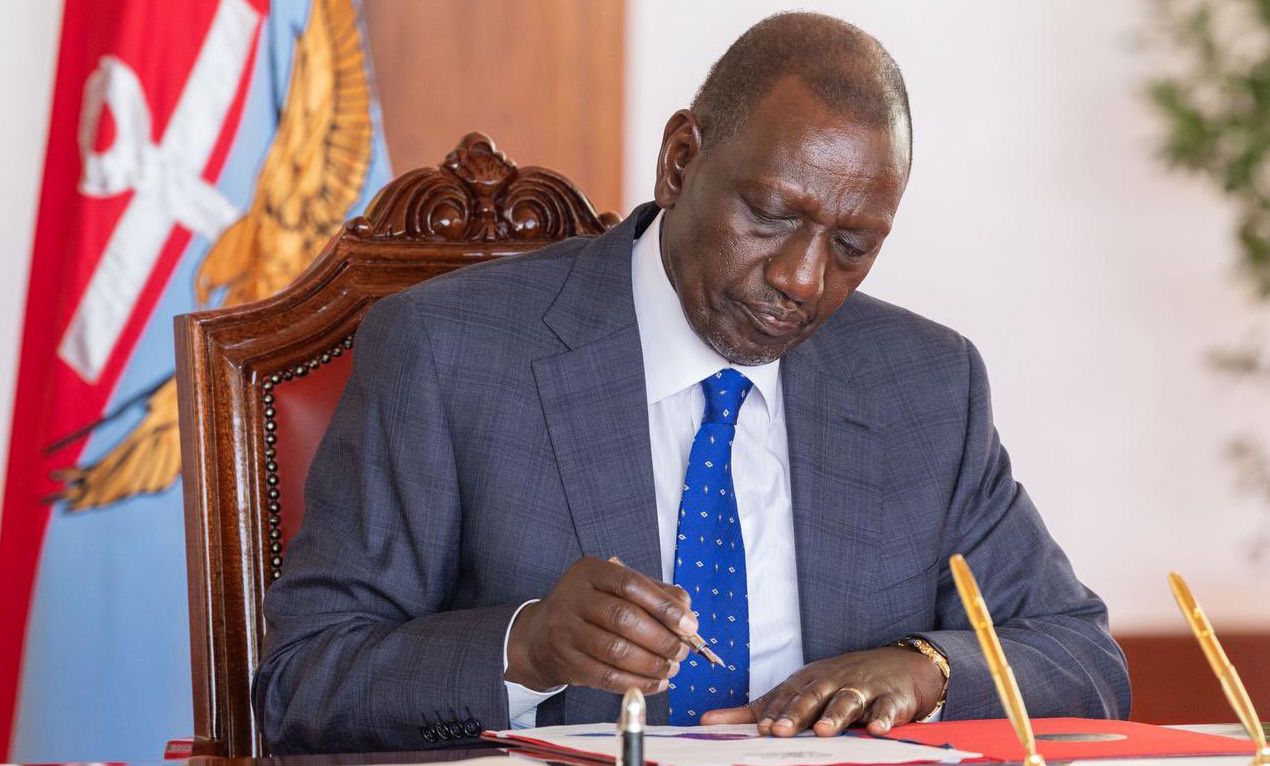The Media Council of Kenya (MCK) has warned journalists, media outlets, and online platforms against publishing unregulated and unscientific opinion polls ahead of the November 27 by-elections.
In a statement on Sunday, November 23, the council raised concern over the rise of informal online polls, call-in surveys, and instant opinion sampling being shared across radio, television, and social media.
MCK noted that these types of polls fall far short of the standards required under Kenyan law and are prohibited under the statutes governing election reporting.
"The Media Council of Kenya (MCK) is reminding media outlets, journalists, and online platforms that conducting or publishing unscientific and unauthorised election-related opinion polls (commonly known as 'voodoo' polls) is illegal and must stop immediately ahead of the by-elections scheduled for 27 November 2025.
"Such practices violate the Publication of Electoral Opinion Polls Act, 2012, and contravene the MCK Election Reporting Guidelines," the statement read.
Read More
According to MCK, informal polls such as live SMS votes, call-in surveys, or instant social media polls do not meet the legal threshold for publishing opinion polls and could mislead the public.
It warned that their publication also breaks the rule that prohibits sharing poll results in the five days leading up to election day.
"So-called 'call-in' or 'instant polls' are misleading because they fail to meet the legal and professional standards required by the Act and recognised ethical guidelines. They also breach the statutory prohibition on publishing opinion poll results during the five days immediately preceding election day," the statement added.

MCK also clarified that its reporting guidelines cover all platforms, including online and broadcast formats.
This means that even polls conducted during talk shows, on social media timelines, or through live broadcasts fall under the same restrictions.
"In addition, the MCK Election Reporting Guidelines clearly apply to social media polls, live broadcasts, phone-ins, and talk shows. They require media houses, journalists, and practitioners to adhere to the Guidelines and all relevant laws, including the specific directive to 'refrain from conducting opinion polls and publishing results on their social media platforms'," the statement further read.
MCK called on all journalists and media organisations to uphold the law and avoid conduct that could compromise their professionalism.
"Journalists and media organisations are therefore urged to desist from any practices that would place them in breach of the law, professional ethical standards, or their own in-house editorial policies, all of which demand responsible and lawful journalistic conduct," the statement concluded.
Elsewhere, Mbeere North by-election Chama Cha Kazi (CCK) candidate Duncan Mbui has rejected allegations suggesting he is being sponsored by President William Ruto.
In an interview on Saturday, November 22, he argued that claims linking him to Ruto are part of a narrative being pushed by competitors seeking to cast doubt on his credibility ahead of the vote.
According to Mbui, his campaign has not engaged in any discussions that imply cooperation with the ruling party or the government.
"They are saying I am a project of President William Ruto, and since we began discussing my candidacy, there has never been any point where we talked about anything that could involve cooperation with any other party, the government, or any other person. Chama Cha Kazi (CCK) is just the same as if I were running as an independent candidate," he said.
